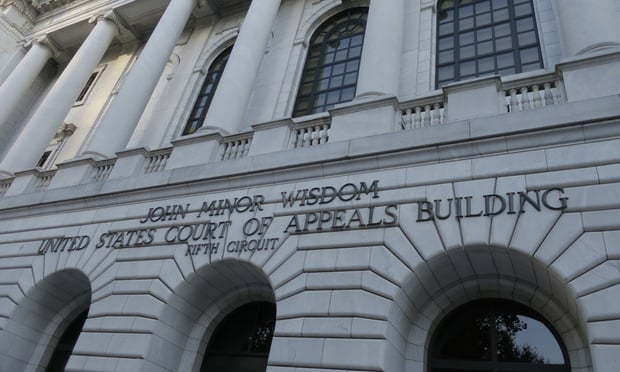Two Florida lawyers, already battling in court in their home state, are now embroiled in a fee dispute in a Houston court.
In the Sunshine State case filed last summer, Coral Gables, Florida, attorney J.B. Harris alleged that his former co-counsel, Tallahassee litigator Phillip T. Howard, “usurped” a portfolio of tobacco cases potentially worth millions of dollars. Harris claimed the attorneys reached an agreement in 2017 for Howard to finance the cases and pay Harris a $225,000 salary with benefits and in exchange, Howard would keep 80 percent of fees from the litigation.
Related story: ‘Everything Went to Hell’: Coral Gables Attorney Sues Former Co-Counsel Over Tobacco Cases

 Photo: Lane V. Erickson/Shutterstock.com
Photo: Lane V. Erickson/Shutterstock.com








